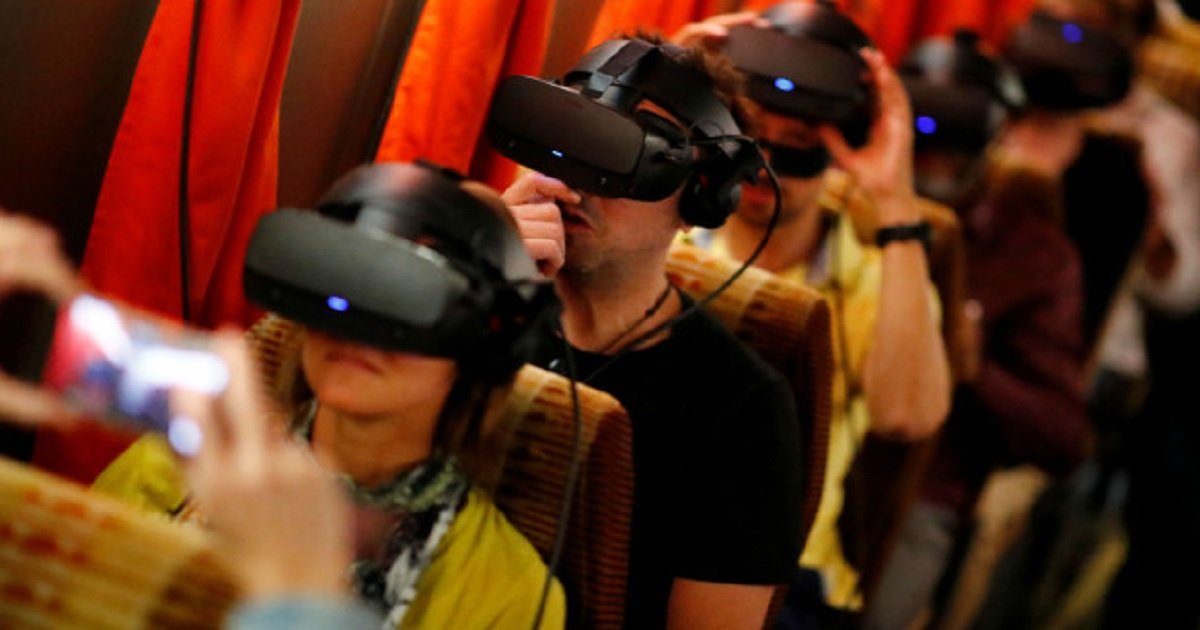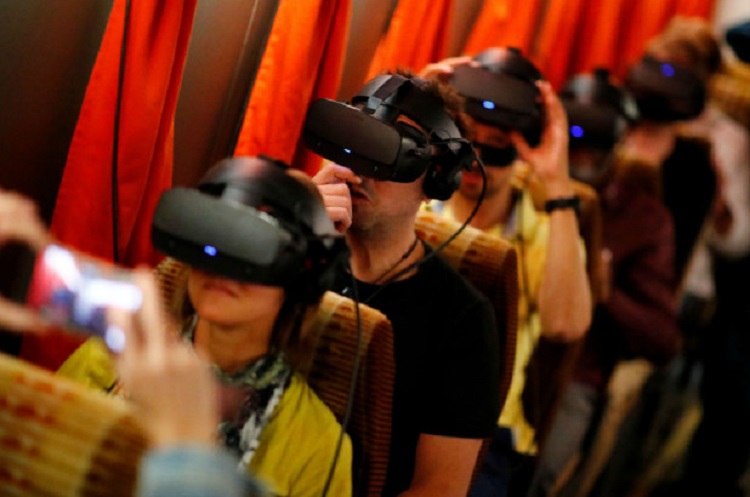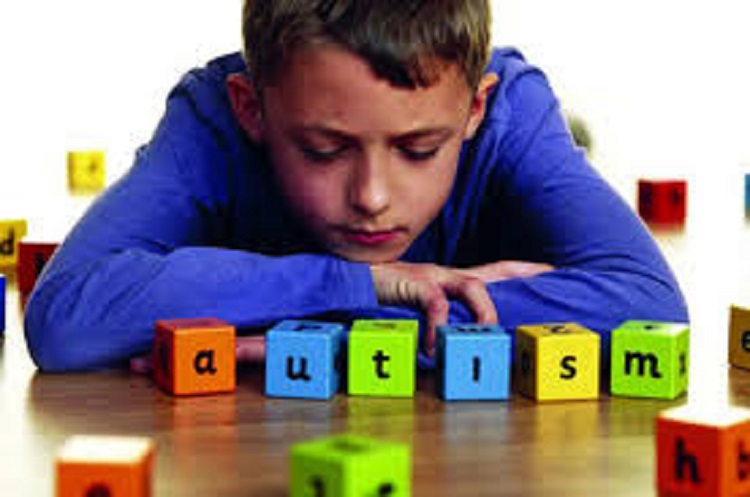People know virtual reality more for its applications in gaming than in anything else.
But in England, one specialist care facility has actually been using virtual reality (VR) headsets combined with data mining as they work with autistic kids in order to model scenarios that the children would likely encounter once outside school.
Watch to learn more below!
[rumble video_id=v643r1 domain_id=u7nb2]
Video credit: Rumble
The people at Prior’s Court, in Berkshire, southern England, are hopeful the high-tech method will help their students better acclimatize themselves to the real world as well as learn to enjoy other experiences like virtual deep-sea diving or skiing.
Unfamiliar situations often stress out people with autism.
By first introducing children to virtual scenarios such as strolling in a shopping mall or riding an aircraft in the safety and comfort of their own classroom, these outside experiences may become less stressful for them.
Speaking to Reuters, Nuno Guerreiro, a computing teacher at Prior’s Court School said, “Our young people, they have difficulties with sensory issues so they can find it overwhelming going to very busy places or transitioning to a new place.
“They like what is familiar, they like their routine. So the VR sets allow them to experience new realities and probably help them transition when they have to face a new place.”
There are roughly 95 young people currently under the care of Prior’s Court who, in terms of the autism spectrum, are at the severe end. This includes those who are non-verbal and those who cannot communicate their needs.
The charity is also hopeful about big data. A new data collection system called Prior Insight is now being used under trial and what the system does is gather as much data as they can of each young person’s day in order to get a detailed picture of it.
This includes things like what food they had eaten, how much exercise they were able to get in, and their behavior.
“That information looks at things like incidents; seizure activity, food and drink input, toiletry input, personal care, any activities they’ve done and any sleep data,” project leader Elaine Hudgell said.
“We’re hoping to not only increase our knowledge and awareness about the world of young people with autism at Prior’s Court, but we’re also hoping to be able to in time share that with the wider autism world,” Hudgell added.
Replaced!




